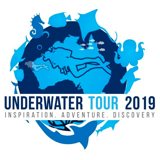- Home
- Directory
- Shop
- Underwater Cameras - Photographic Accessories
- Smartphone Housings
- Sea Scooters
- Hookah Dive Systems
- Underwater Metal Detectors
- Dive Gear
- Dive Accessories
- Diving DVD & Blu-Ray Discs
- Diving Books
- Underwater Drones
- Drones
- Subscriptions - Magazines
- Protective Cases
- Corrective Lenses
- Dive Wear
- Underwater Membership
- Assistive Technology - NDIS
- On Sale
- Underwater Gift Cards
- Underwater Art
- Power Stations
- Underwater Bargain Bin
- Brands
- 10bar
- AirBuddy
- Akona
- AOI
- Apollo
- AquaTech
- Atomic Aquatics
- aunoc
- AxisGo
- Backscatter Underwater Video and Photo
- BLU3
- Buddy-Watcher
- Cayago
- Chasing
- Cinebags
- Contour
- Deepblue
- Devilite
- Digipower
- DJI
- Dyron
- Edge Smart Drive
- Eneloop
- Energizer
- Exotech Innovations
- Fantasea
- FiiK Elektric Skateboards
- Garmin
- Geneinno
- GoPro
- Hagul
- Hoverstar
- Hydro Sapiens
- Hydrotac
- Ikelite
- Indigo Industries
- Inon
- Insta360
- Intova
- Isotta Housings
- Jobe
- JOBY
- Kraken Sports
- LEFEET
- Marelux
- Mirage Dive
- Nautica Seascooters
- Nautilus Lifeline
- NautiSmart
- Nocturnal Lights
- Nokta Makro
- Ocean Guardian
- Oceanic
- Olympus
- OM System
- Overboard
- Paralenz
- PowerDive
- QYSEA
- Ratio Dive Computers
- Scubajet
- Scubalamp
- Sea & Sea
- SeaDoo Seascooter
- SeaLife
- Seashell
- Seavu
- Shark Shield
- Sherwood Scuba
- Spare Air
- StickTite
- StormCase
- Sublue
- Suunto
- SwellPro
- T-HOUSING
- Tusa
- U.N Photographics
- Venture Heat
- XTAR
- Yamaha Seascooter
- Youcan Robot
- Zcifi
Tagging Whale Sharks - be part of it
Contributed by Bronya
I want to tell you about a new non-invasive method of tagging whale sharks that everyone who has an underwater camera, digital or film it doesn't matter, can get involved in.
This tagging method cleverly uses the whale sharks natural skin patterning as a way to recognize the animal, rather than spearing the animal to attach a plastic tag. Each whale shark is born with a unique pattern of dots in the area behind its fifth gill, above its pectoral fin: its "fingerprint", which does not change over the shark's lifetime. When this area is photographed, by tourists or scientists alike, it can be submitted to a online Library which extracts the pattern of dots in the shark's fingerprint and tries to make a match with any of the sharks already in the Library.
When a match is made factors such as the shark's rate of appearance and movement patterns can be determined. The Library will be used to estimate population figures and survival rates and help establish credible data for lobbying for their protection. It has already been proved a successful long term tagging method with individual whale sharks visiting the Ningaloo reef being recognized 13 years apart. It is has also been adopted by research centers as far away as Utila in the Caribbean.
Whale sharks are still hunted in countries such as Indonesia and Taiwan at a level that is feared to be unsustainable. Whale shark populations have been decimated by fishing practices in the last 15 years, and it was only as recently as 2002 that they were voted onto CITES Appendix II, meaning that trade in whale sharks has to be closely monitored in fear that without protection they may become extinct. More information on the whale sharks is needed in order to lobby successfully for their protection.
The more instances of whale shark sightings the Library has in its database
the more effective it will be, so the next time you're lucky enough to see a
whale shark, log onto www.shepherdproject.org/submit.jsp
with your sightings. You will receive an automatic email whenever someone submits
a sighting of "your" whale shark to the Library and you will have
the opportunity to contribute towards conservation monitoring, without harm
to individual animals.
To help and learn more, click on the web at www.ecocean.org.
Shopfront
-
 Backscatter Mini Flash 2 Underwater Strobe MF-2
Backscatter Mini Flash 2 Underwater Strobe MF-2
- Price A$ 649.00
-
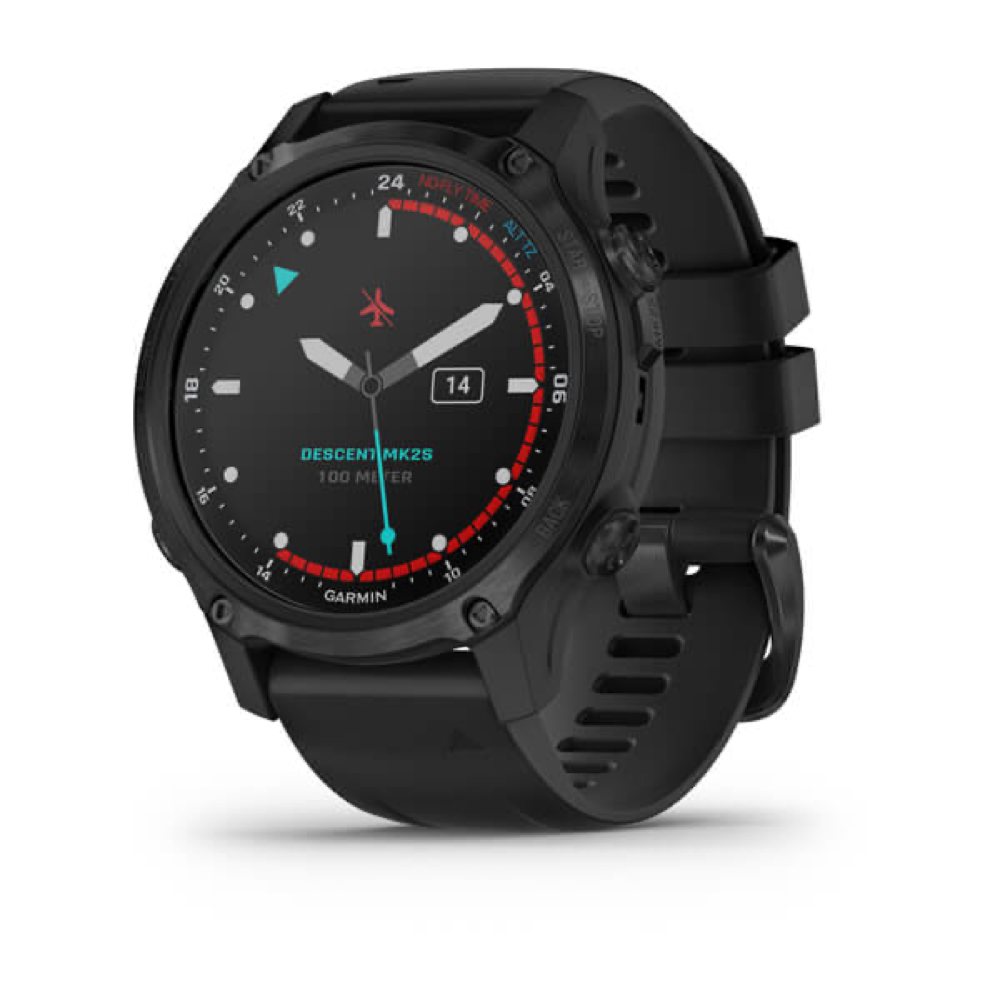 Garmin Descent Mk2S Watch Dive Computer
Garmin Descent Mk2S Watch Dive Computer
- Price A$ 1,399.00
-
 Sublue Whiteshark MixPro - Underwater Scooter
Sublue Whiteshark MixPro - Underwater Scooter
- Price A$ 1,199.00
-
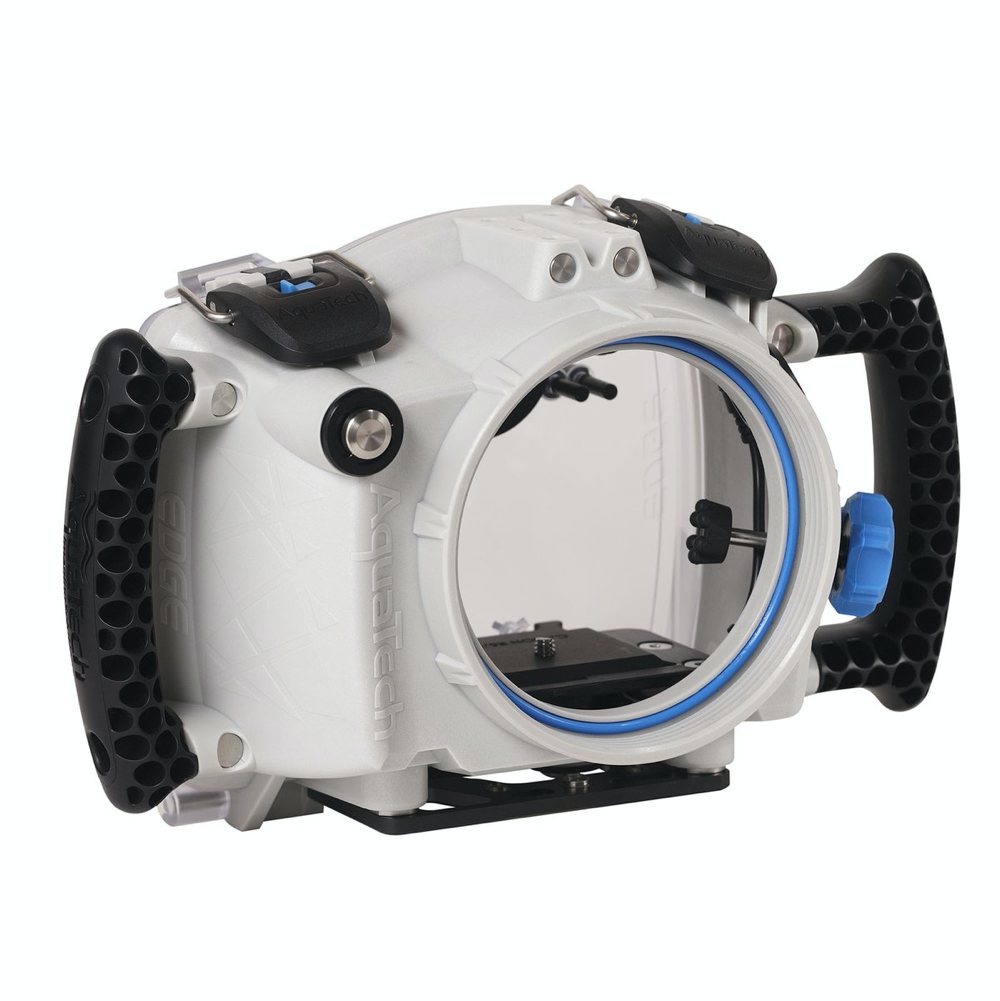 AquaTech EDGE Base Camera Water Housings - Nikon mirrorless
AquaTech EDGE Base Camera Water Housings - Nikon mirrorless
- Price A$ 979.00
-
 QYSEA Fifish E-GO - Next Generation Underwater Robot
QYSEA Fifish E-GO - Next Generation Underwater Robot
- Price A$ 11,999.00
-
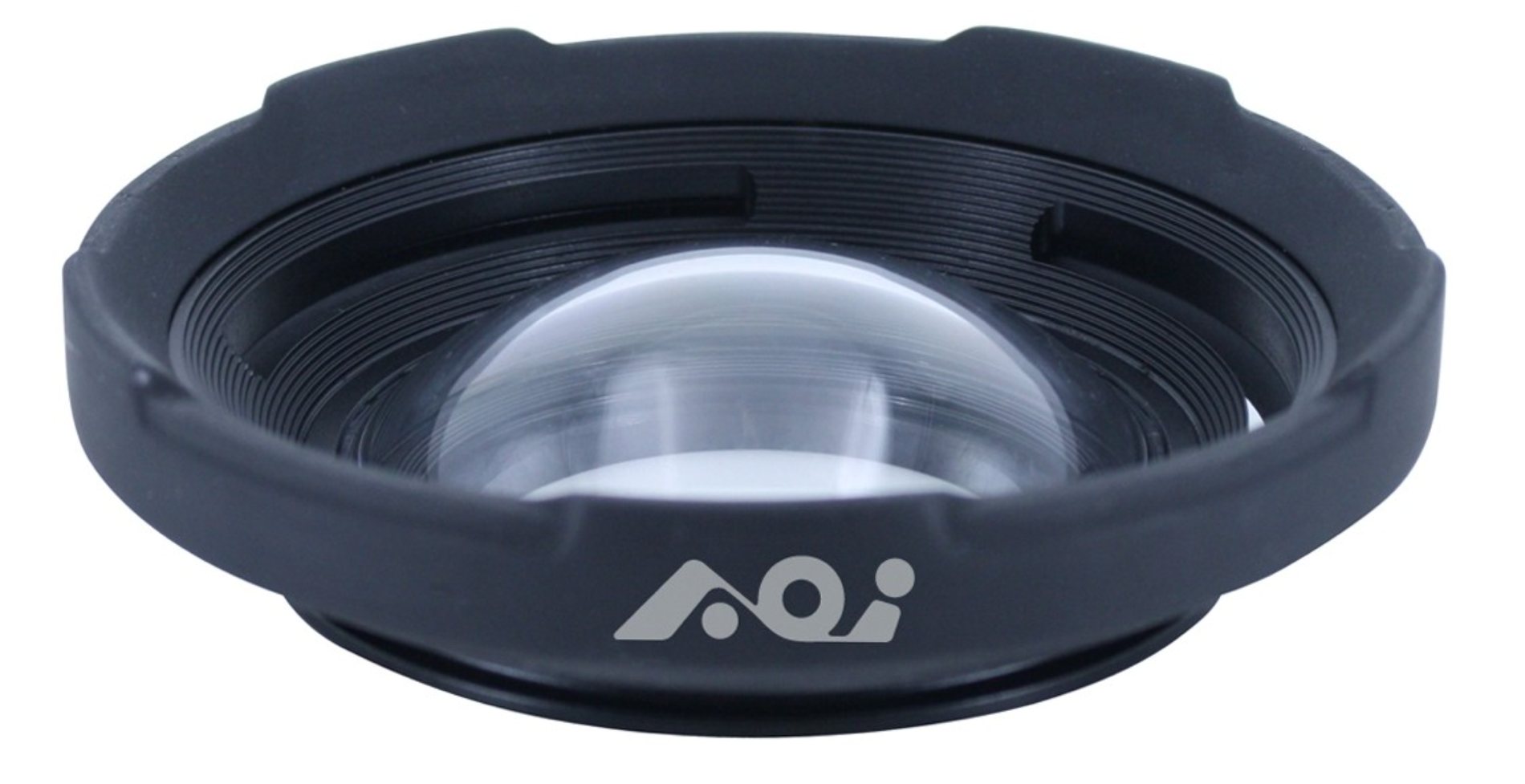 AOI Wide Angle Air Lens M52 Mount
AOI Wide Angle Air Lens M52 Mount
- Price A$ 244.95
In the Directory



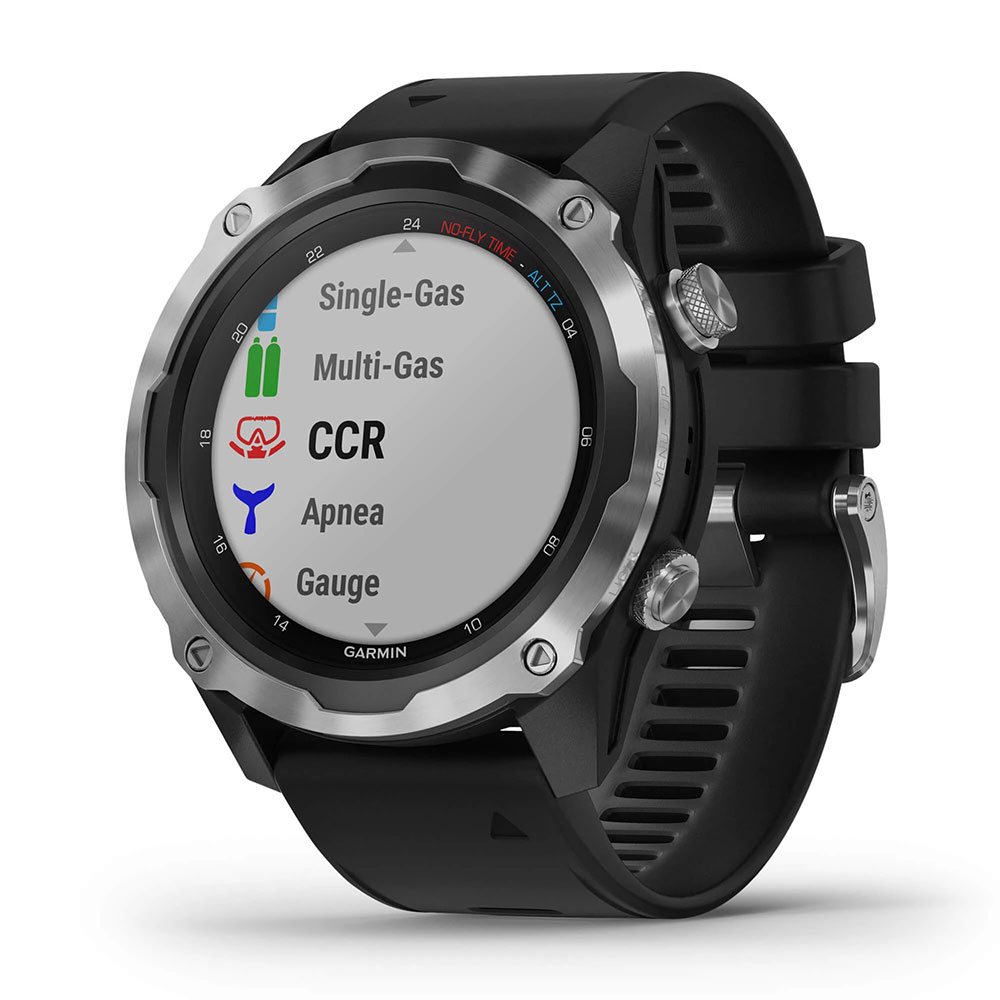
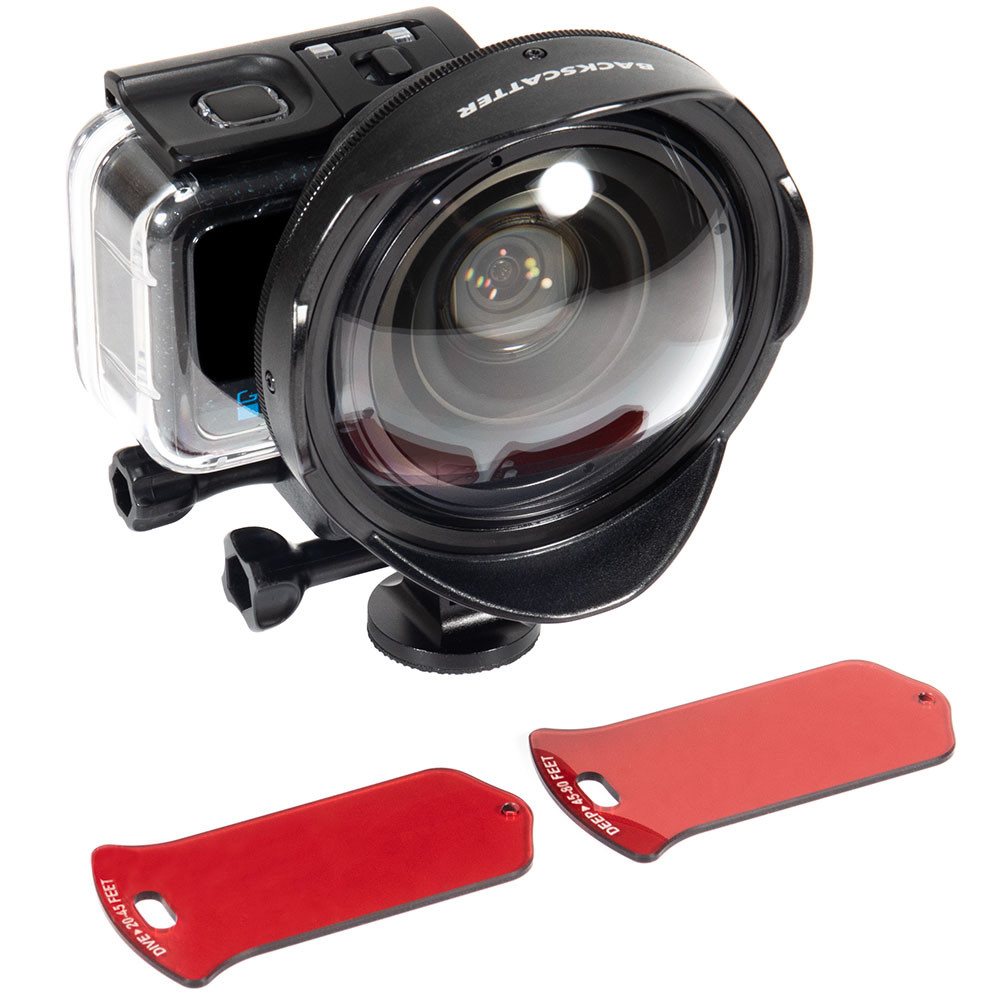

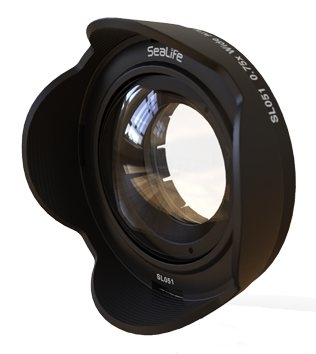



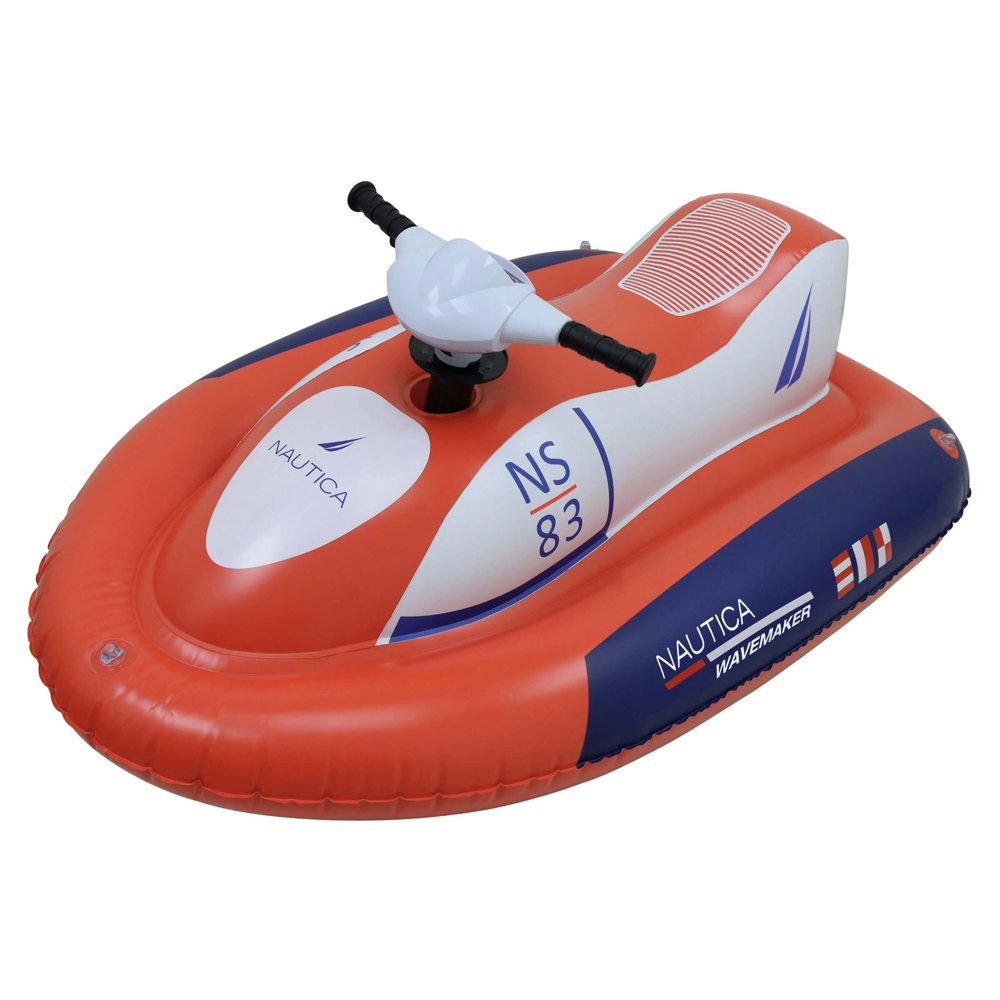



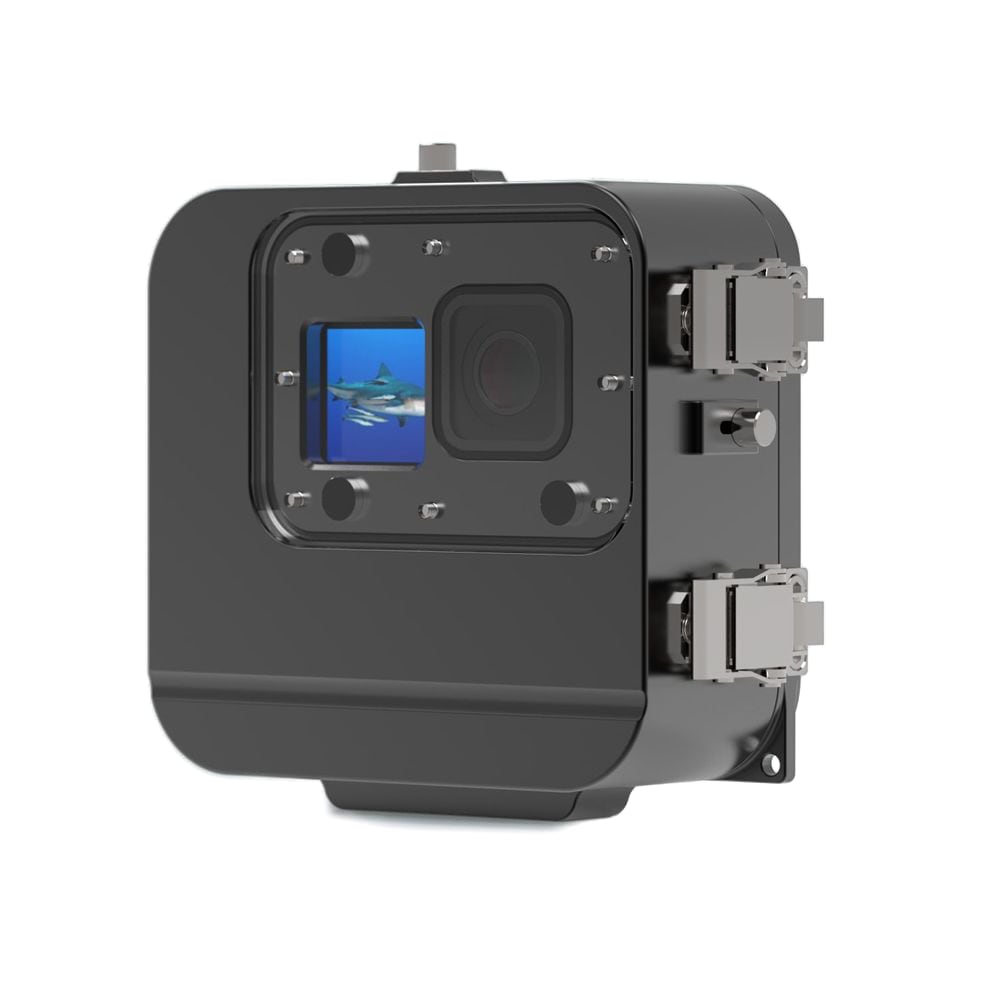 T-HOUSING Aluminium Deepdive H10 POWER for GoPro Hero9 10 11 and HERO12
T-HOUSING Aluminium Deepdive H10 POWER for GoPro Hero9 10 11 and HERO12 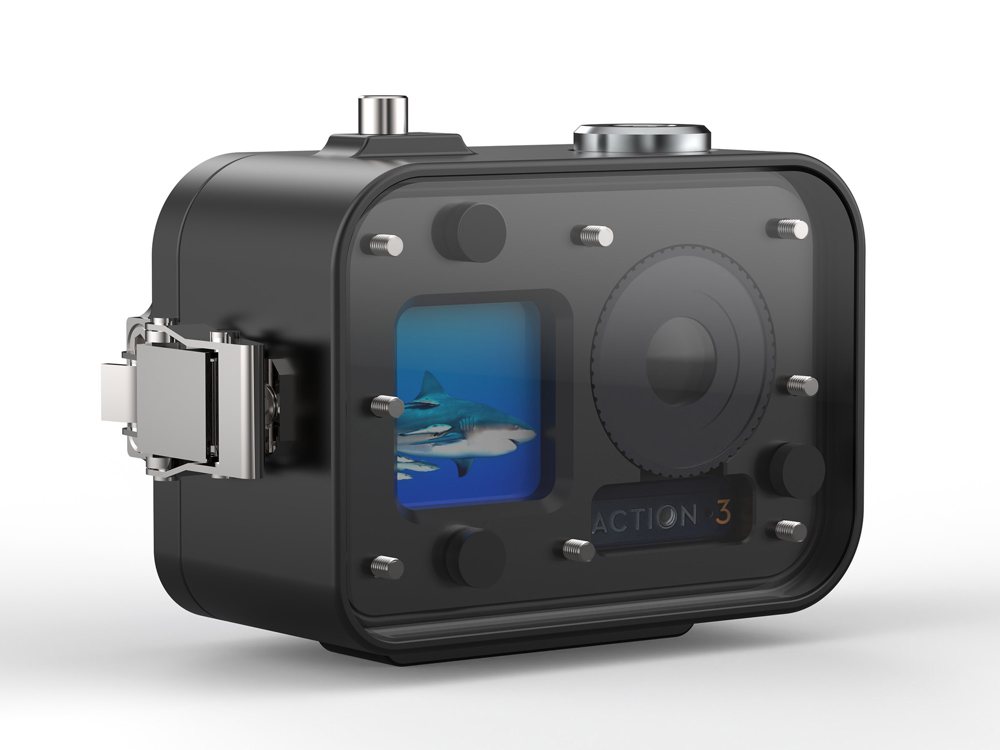 T-Housing Aluminium Deepdive Housing for DJI Osmo Action 4 and Action 3
T-Housing Aluminium Deepdive Housing for DJI Osmo Action 4 and Action 3 

